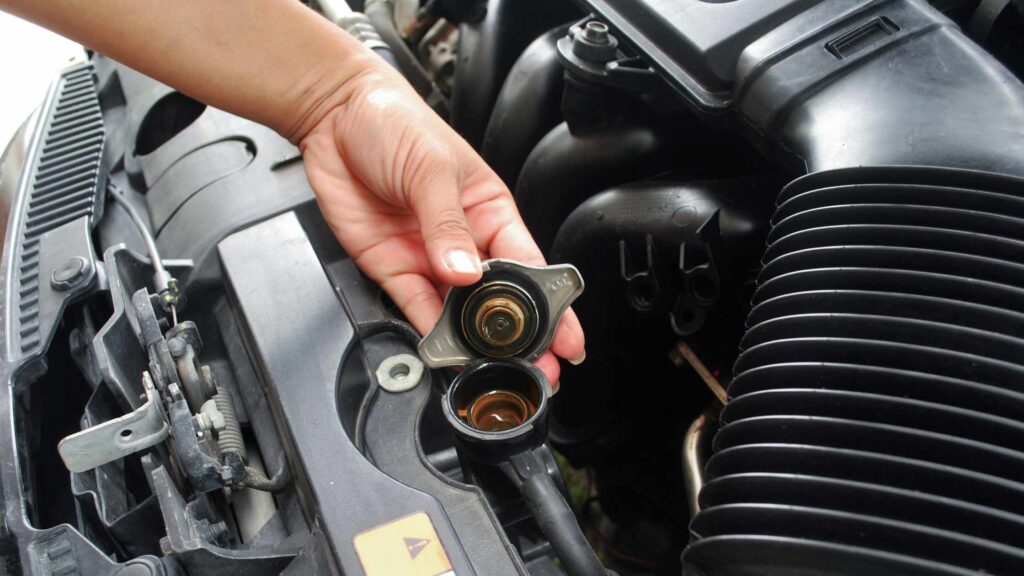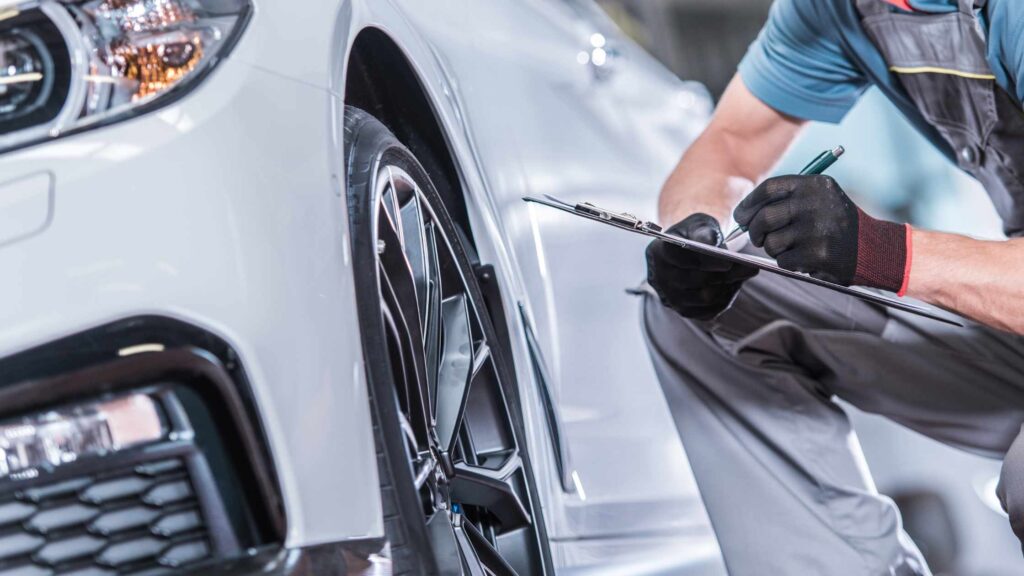Introduction
The car cooling system is a vital component of your vehicle that helps regulate temperature and prevent overheating. Understanding how to handle cooling system issues is essential for every car owner. In this article, we will discuss common problems related to overheating and provide maintenance tips to ensure optimal performance.
Common Causes of Overheating
Insufficient Coolant Levels
One of the most common causes of overheating is low or insufficient coolant levels. Coolant, also known as antifreeze, plays a crucial role in maintaining a stable temperature within the engine. When coolant levels are too low, the engine heats up quickly, resulting in overheating. Regularly check your coolant levels and top up as necessary.
Coolant Leaks
Coolant leaks can occur due to various reasons, such as damaged hoses, a malfunctioning radiator, or a faulty water pump. These leaks can lead to a loss of coolant, causing the engine to overheat. It is important to inspect your cooling system regularly for any signs of leakage, such as puddles of coolant under your vehicle or steam escaping from the engine bay.
Malfunctioning Thermostat
The thermostat is responsible for regulating the flow of coolant through the engine. If the thermostat malfunctions, it may fail to open or close properly, resulting in improper coolant circulation. This can lead to the engine overheating. It is advisable to have your thermostat inspected and replaced if necessary.
Faulty Radiator Fan
The radiator fan helps in cooling the coolant as it passes through the radiator. If the radiator fan fails to operate correctly, the coolant does not get cooled efficiently, leading to overheating. Regularly check the functionality of your radiator fan to ensure it is working correctly.
Tips for Preventing Cooling System Issues
Regular Maintenance
Regular maintenance is crucial for preventing cooling system issues. Follow the manufacturer’s recommended maintenance schedule for coolant flushes, radiator inspections, and overall system checks. Over time, coolant can break down and lose its effectiveness, so it is essential to replace it at regular intervals. Routine maintenance will help identify any potential problems before they escalate.
Avoid Overworking the Cooling System
Avoid driving under extreme conditions for extended periods, as this puts excessive strain on the cooling system. Continuous high-speed driving or towing heavy loads can cause the engine to overheat. Give your car breaks and allow it to cool down if you frequently drive in demanding conditions.
Monitor Your Temperature Gauge
Pay attention to your car’s temperature gauge while driving. If the needle consistently reaches the red zone or fluctuates abnormally, it may indicate a cooling system problem. Address the issue promptly by scheduling an inspection at an authorized service center.
Regularly Inspect Hoses and Belts
Inspecting your cooling system hoses and belts regularly helps prevent leaks and potential failures. Look for signs of wear, such as cracks, bulges, or soft spots. Replace any damaged hoses or belts immediately to avoid cooling system issues.
Keep the Radiator Clean
A dirty radiator can impede airflow, causing the engine to overheat. Regularly clean the radiator fins using compressed air or a soft brush to remove dust, dirt, and debris. Avoid using a power washer or high-pressure water, as it may damage the delicate fins.
Conclusion
Handling car cooling system issues, such as overheating and maintenance, is essential for optimal vehicle performance. By understanding common causes of overheating and following preventive measures, you can avoid potential problems and enjoy a trouble-free driving experience. Regular maintenance and inspections are key to ensuring your cooling system operates efficiently and keeps your engine cool. Stay proactive, address any issues promptly, and consult a professional if needed to maximize the lifespan of your cooling system.







